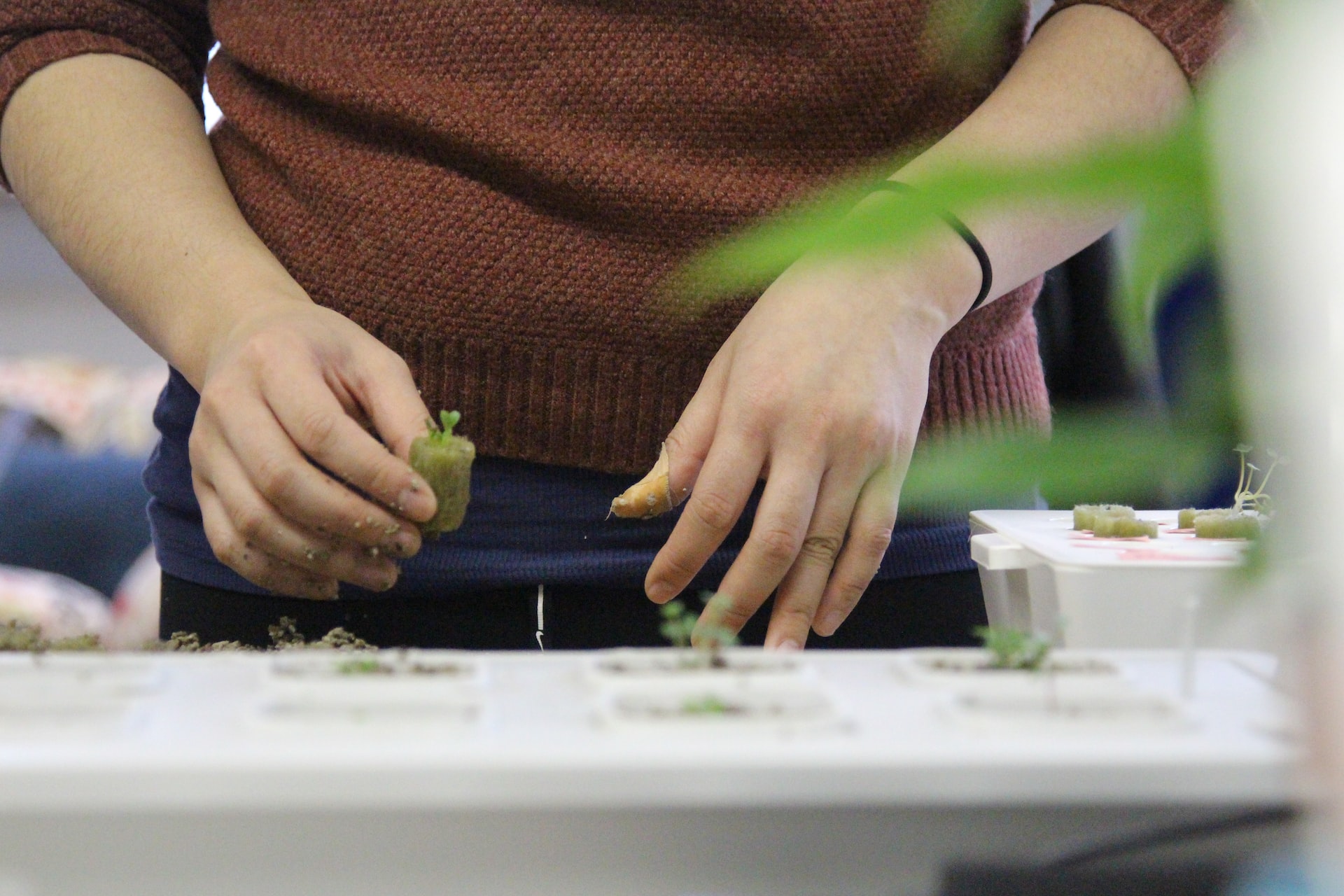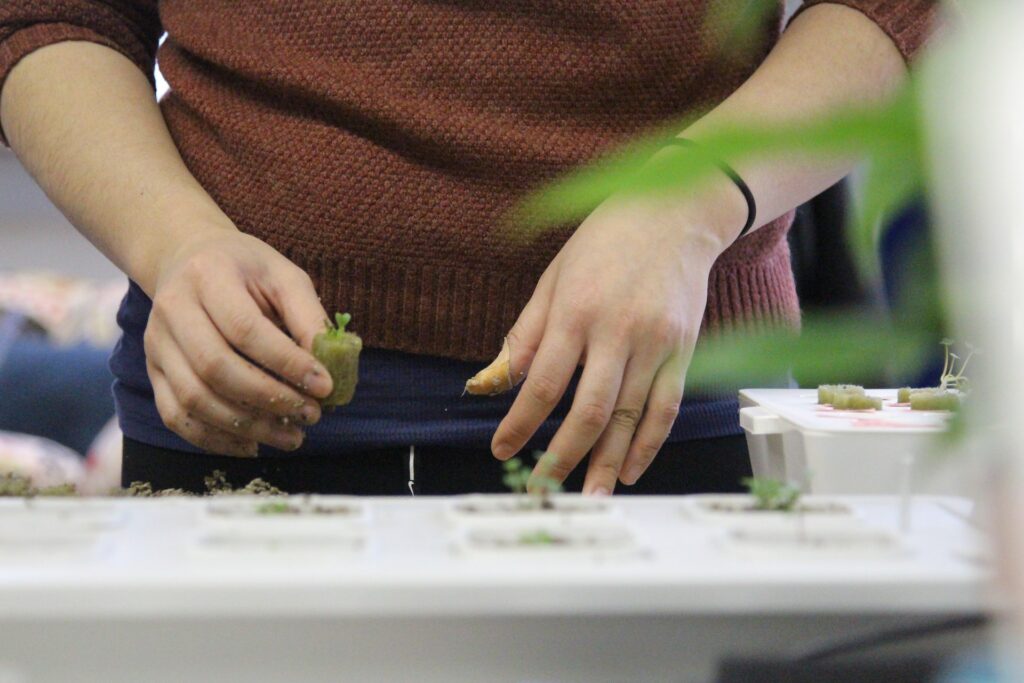
20 Sep Agriculture and Cleanroom Technology
Toshiba, Panasonic, Fujitsu, and Sharp are all helping develop a new industry. And it doesn’t have to do with electronics.
Indoor horticulture is on the rise in Asia, and soon to be all over the world, where worries about food safety recently have generated investments in plant factories. Spread, which is currently Japan’s largest vertical farm, produces roughly 20,000 heads of lettuce a day in its 3000 square meter cleanroom just outside of Kyoto. Recently, Toshiba, a Japanese electronics manufacturing company, re-outfitted a floppy disk manufacturing plant with one goal in mind: to grow lettuce and salad ingredients. Japanese companies are now using the controlled environments of cleanrooms to grow better produce more efficiently.
Why a Cleanroom?
Cleanrooms provide a a pure environment for growing produce fast. Since such an environment bars environmental pollution, dust, bacteria, fungi, and bugs, these companies are guaranteeing the healthy production of vegetables which are ready to eat — no washing necessary. Additionally, the controlled environment of a cleanrooms improves the lifespan of the vegetables and there are claims by Fujitsu spokesperson Rishad Marquardt that the vegetables being produced even have better flavor — for instance, lettuce is supposedly less bitter than its ordinary, farm-grown counterpart.

Toshiba, another Japanese tech giant, has been able to generate 3 million lettuces annually; in other words, 8,400 per day. They are using their knowledge of electronic components, with the usage of power generators, lighting, water generating systems, etc. to feed locals in Japan. Since Japan is a large urban environment, the benefits to this kind of farming presents a logistical advantage and lower import costs. But these aren’t the only innovations.
The Cloud & Cleanroom Technology Meet Up with Agriculture
Fujitsu is utilizing its Akisai cloud platform, which allows for the automated monitoring of crops, to showcase itself in vegetable production. They are harvesting 3,500 heads of lettuce a day in their cleanroom facility. Their cloud platform allows workers to monitor the development of plants using sensors that track their growth. Additionally, nutrient and light levels can be changed to develop particular varieties of lettuce; for instance, low potassium vegetables for those suffering from illnesses like kidney disease.
But the horticulture technology boom is not limited to Japan. AeroFarms, a New Jersey company, made the news for starting America’s largest vertical farm, with the ability to produce roughly 1,000 tons of veggies per year.
They use aeroponic technology, which uses a misty environment to grow plants. The company also uses big data to control the cultivation of over 200 species of organic herbs and fresh vegetables. With efficient lighting, remoting monitoring, and temperature control, vegetables grown in indoor farms and cleanrooms maintain their nutritional value and use up to 98% less water and 70% less fertilizer than traditional farming, according to the Association for Vertical Farming. In response, cleanroom companies worldwide are using particle mitigating technology and air flow techniques to meet the growing demands of new horticulture

